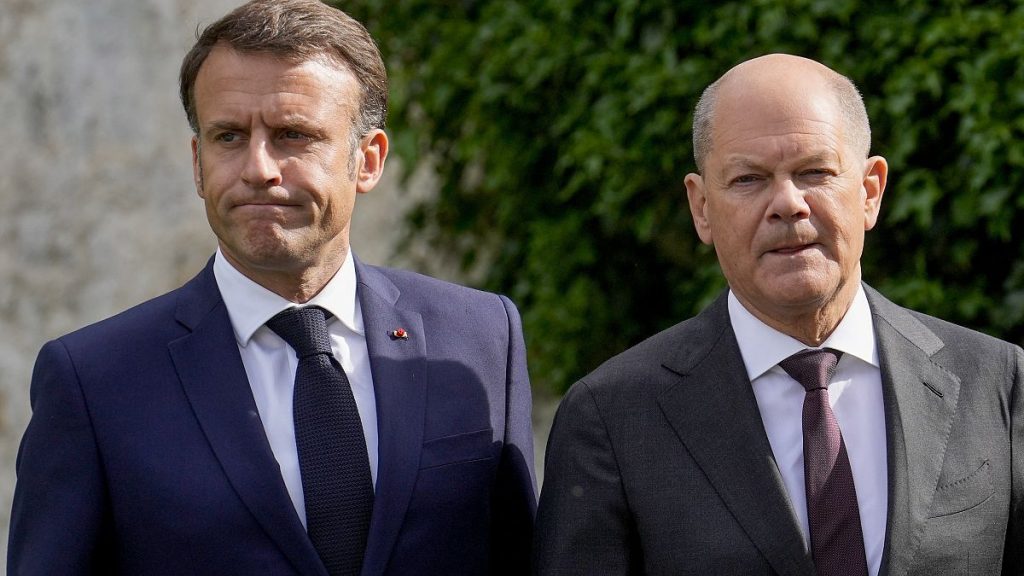As France prepares for snap elections called by President Emmanuel Macron, Germany is bracing for potential right-wing shifts in EU politics. The upcoming elections in France could see Marine Le Pen’s National Rally party claiming victory, which could impact policies related to climate, migration, and gender equality on a national and EU level. Political scientist Prof Dr Miriam Hartlapp warns that France’s influence as a large and significant EU member state could change the policymaking dynamics in Brussels if right-wing populist parties were to sit in the Council of Ministers. This political shift, reflecting wider dissatisfaction across Europe, has raised concerns among Germans, especially regarding potential changes in immigration policies and challenges to the European constitution.
German Chancellor Olaf Scholz expresses his hope that parties other than Marine Le Pen’s National Rally party will succeed in the French elections, emphasizing that the outcome ultimately rests with the French people. Hartlapp highlights the possibility of immigration-related issues being brought before the European Court of Justice if policies proposed by the National Rally party conflict with EU laws and fundamental rights. Meanwhile, in Germany, the far-right party Alternative for Germany (AfD) and extreme-right Die Heimat have announced plans to form factions in the state of Brandenburg following their strong performance in the EU elections, surpassing all parties in the ruling coalition. This further underscores the political shifts occurring in Europe and the potential impact on national and EU policies.
The rise of far-right parties in Europe, including the National Rally party in France and AfD in Germany, reflects a broader trend of increasing dissatisfaction with current governments and policies. If the National Rally party were to win in France, it could lead to significant changes in European climate, migration, and gender equality policies, with implications for other EU member states. The prospect of right-wing populist parties influencing policymaking at the EU level raises concerns among experts like Dr. Hartlapp, who foresee a different landscape in Brussels with potential shifts in key policy areas.
The implications of the upcoming French elections go beyond national borders, with Germany and other EU nations bracing for the ripple effects of a potential right-wing victory. The dynamics in Brussels could change significantly if right-wing populist parties gain influence, altering the course of European policymaking in areas such as climate, migration, and gender equality. The possibility of controversial proposals conflicting with EU laws and fundamental rights raises questions about the future of governance in the EU and the protection of shared values and principles. The differences in approach between mainstream parties and far-right factions highlight the divisions within European politics and the challenges facing the bloc in addressing complex issues.
Despite the concerns raised by the potential outcomes of the French elections and the rise of far-right parties in Europe, Chancellor Olaf Scholz’s cautious optimism reflects the need to respect the democratic process and the will of the French people. The balance between upholding fundamental rights and addressing immigration challenges presents a delicate issue for EU member states, especially in the face of diverging political ideologies. The shift towards right-wing populist parties in some European countries underscores the need for robust and principled leadership to navigate the complex political landscape and uphold the values of the European Union. As France and Germany prepare for significant political changes, the broader implications for EU governance and policymaking remain a topic of intense debate and scrutiny among policymakers and experts.













